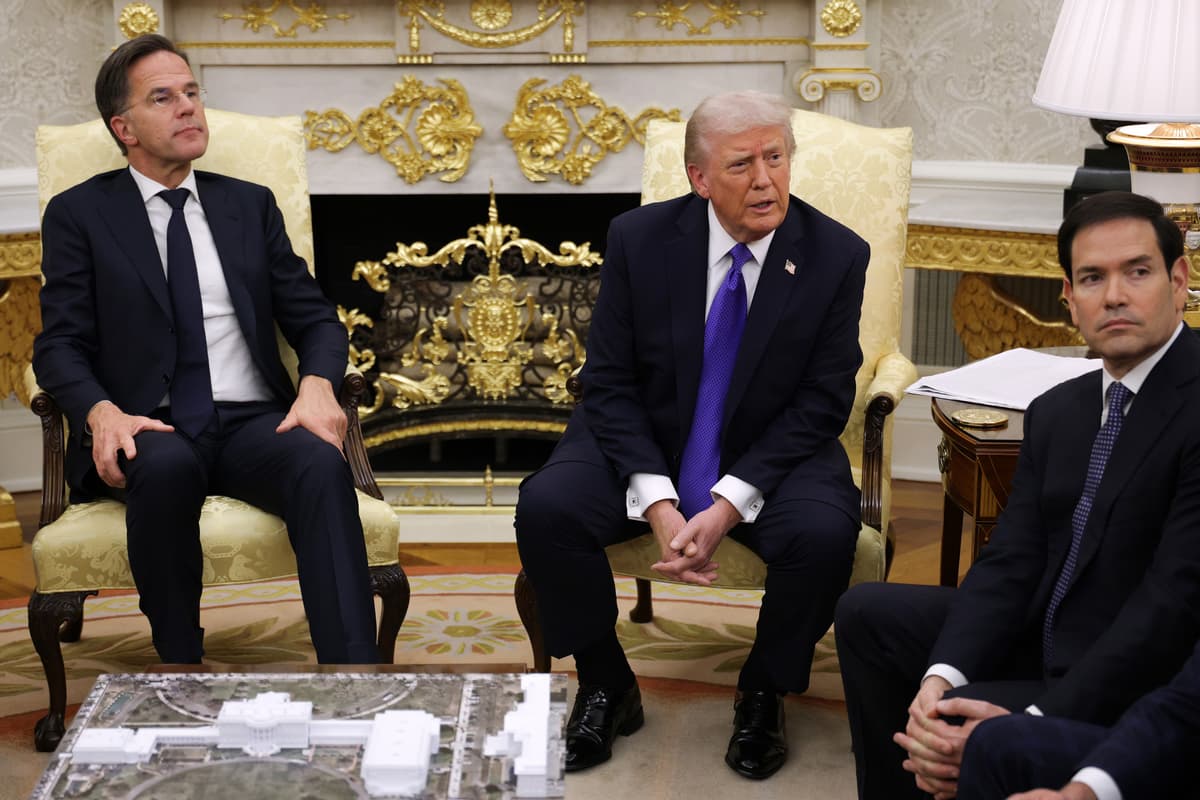President Donald Trump has imposed sanctions on Russia’s two largest oil-exporting companies, Lukoil and Rosneft, prompting a confident response from Vladimir Putin. The Russian President assured his nation that these sanctions would have “certain consequences,” but he claimed they would not significantly impact Russia’s economic stability. In a response to reporters at the White House, Trump remarked, “That’s good. I’ll let you know about it in six months from now,” indicating his belief in the sanctions’ effectiveness.
The sanctions mark a notable shift in U.S. policy, as they are the first by the Trump Administration against Russia. They come amid reports that India and China, which together account for three-quarters of Russia’s oil exports, are moving to reduce their purchases significantly. Analysts predict that by the end of the one-month transition period, India is expected to cut its imports to zero, while China may reduce its imports by half.
Economic Implications and International Dynamics
The sanctions come at a time when Russia’s oil export revenues are already declining. In the first nine months of this year, revenues have dropped by 21 percent compared to the same period last year, driven by a decrease in oil prices and the impact of earlier sanctions. Taxes from oil and gas production contribute approximately 25 percent of Russia’s government revenue, meaning these sanctions could further strain Moscow’s financial resources.
Trump justified the timing of the sanctions, stating, “I just thought the timing was good.” The Biden Administration had previously sanctioned Russia’s third- and fourth-largest oil exporters but refrained from targeting Lukoil and Rosneft due to concerns about inflation in an election year. With inflation currently low and the midterm elections still a year away, the Trump Administration appears more willing to take decisive action.
In response to the sanctions, the price of Brent crude oil rose by 5 percent, reaching $62 per barrel. This fluctuation illustrates the immediate impact of U.S. policy on global oil markets. Additionally, Saudi Arabia and the United Arab Emirates possess substantial idle oil production capacity, which could help offset any significant loss of Russian oil in the market.
Despite the current economic challenges, the Kremlin has access to approximately $50 billion in its sovereign wealth fund. However, this amount pales in comparison to Norway’s $2 trillion fund, which is 40 times larger despite Norway having only 4 percent of Russia’s population. As the war in Ukraine continues, the Kremlin has been increasingly relying on this fund, having depleted around 60 percent of its liquid assets since the onset of hostilities.
International Reactions and Future Considerations
The U.S. sanctions have garnered a unified response from Europe, with Britain also sanctioning Lukoil and Rosneft last week. The European Union has approved new measures to phase out purchases of Russian liquefied natural gas by the end of next year, reflecting a commitment to reducing dependency on Russian energy supplies. Since Putin’s invasion of Ukraine, Europe has cut its imports of Russian energy by 90 percent.
From Russia, former President Dmitry Medvedev offered a stark assessment of the situation, labeling the sanctions as “an act of war against Russia.” Now serving as deputy chairman of Russia’s Security Council, Medvedev characterized the U.S. as an adversary, criticizing Trump’s alignment with European nations on this issue.
Looking ahead, the potential sale of Tomahawk missiles to Ukraine by the Trump Administration has raised concerns in Moscow. Putin warned that such a move would elicit a “very serious, if not overwhelming” response. Nevertheless, the focus of the current sanctions appears directed at limiting oil exports to India and China, which are critical to Russia’s economy.
As negotiations unfold, India is reportedly shifting its oil orders to Middle Eastern suppliers, while Chinese oil companies are suspending some imports from Russia. However, significant government-to-government agreements, such as those involving the China National Petroleum Corporation, may remain unaffected.
As these developments continue to evolve, both the U.S. and its allies are reassessing their positions and strategies regarding Russian oil, energy security, and international relations. The next few months will likely reveal the true impact of these sanctions on Russia and its economic stability.







